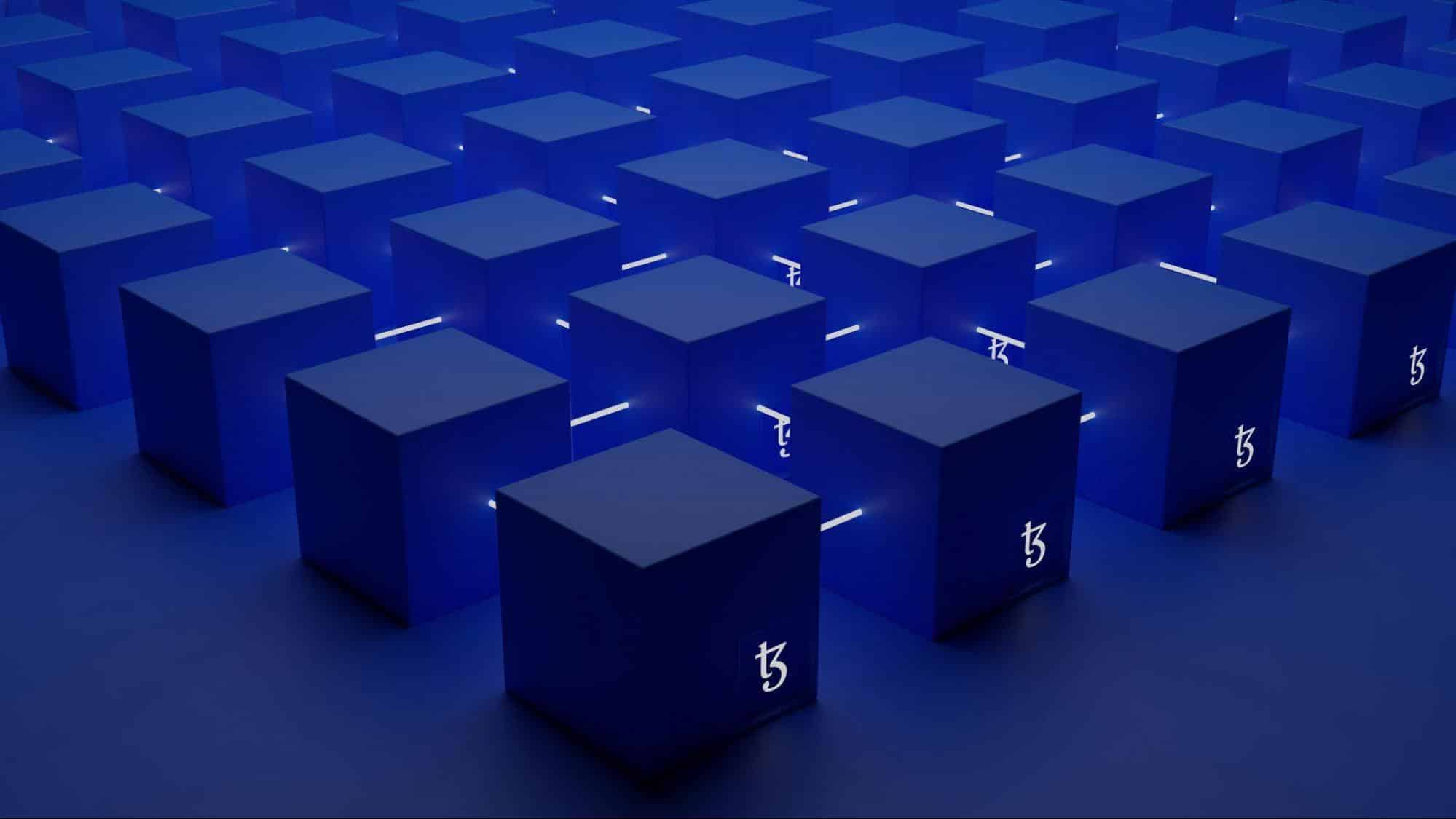The 5 Unexpected Ways Blockchain Tech Is Used Today

In the past few years, cryptocurrencies have become widespread enough that most people have at least a vague idea about what it is and how it works – people know Bitcoin as a digital currency, for instance, and might even understand it makes use of blockchain technology. Yet, not many people know that the use of blockchain goes way beyond Bitcoin.
To give you an idea of how this tech is silently becoming widespread in many different sectors, we’re looking at five creative but rather unknown ways that blockchain tech is used today.
1. Anonymous and Secure Payments Online
Did you know that you can play casino games with crypto? We’re talking real-money games of all kinds: slots, live games, and classic casino games. As you don’t have to give out any personal information when making a payment with crypto, this is a very popular way to pay online at a new casino. Through crypto, the user doesn’t have to worry about giving out payment information that could leak – no one will get their hands on sensitive data.
Of course, it isn’t just casino payments that it’s used for, either. Paying with cryptocurrencies like Bitcoin is a popular option anytime people want to stay anonymous, or just pay securely without unnecessary fees and delays.
2. Signing (Smart) Contracts Online
More and more people need to sign contracts online, but how do you ensure the terms of a digital contract aren’t tampered with after it’s been signed? Blockchain technology is the answer.
Smart contracts are digital contracts that make use of the blockchain to ensure no one can make unauthorized changes and the original document stays intact. Since the terms are stored in a distributed database, they cannot be changed without authorization from each block in the chain.
But that’s not all. Smart contracts are automatically executed when terms and conditions are met. This means that someone can get paid once the agreed condition is met without any additional intervention from either party – creating security for both.
3. Supply Chain Management
Supply chain management is very complex, and just one small error can mess up a whole connected chain. That’s why blockchain, a way to keep exact, perfect, and unchangeable records, has the potential to revolutionize the sector by increasing trust, security, and efficiency.
Through transparent real-time tracking, companies can have more knowledge of and control of where and how products are sourced even before they reach their final destination. It can also serve as a protective measure in cases where products are defective or a food-borne disease occurs. Thanks to the traceability of blockchain, the products in a particular batch can be instantly found and recalled.
Blockchain technology can also reduce human error and automate certain processes, reducing costs and simplifying a very complex system of networks, ensuring a rapid flow of goods getting delivered where they need to be with fewer complications and a higher level of trust.
4. Proving the Authenticity of Goods and Artwork
Verifying the authenticity of luxury goods and original artworks has long been a formidable challenge, but one that might be overcome with the help of the blockchain.
The ability to confirm the origin of an object could increase market transparency, help creators reinforce copyright, and let buyers ensure that their purchases are ethically sourced. Markets like the diamond industry are in particular need of this, where the use of child labor and forced labor is unfortunately common.
Blockchain technology could be used to protect creative works such as music, film, writing, and traditional artworks. Through the use of NFTs, someone can ensure that they own the original version of an artwork and have the legal rights to it.
5. Ensuring Fair Elections
An election being tampered with is a huge threat to democracy, and is known to have happened before – although it’s impossible to know exactly when, how, and at what scale results have been altered.
Through the use of blockchain, however, the chance of voter fraud could be reduced significantly. In 2018, Sierra Leone was the first country to run a blockchain-based election to increase trust in the midst of lots of exposed corruption.
The technology anonymously stores votes that are protected from tampering, allowing anyone to view the real results and increasing trust in the government.
This method of voting is also cheaper than the traditional paper ballot counting method. On top of that, human error in vote counting is reduced as every vote is counted accurately – and voters can receive feedback confirming that their vote has in fact been registered. In short, using blockchain technology for elections creates secure, transparent, and immutable results, effectively protecting against both internal corruption and external attacks.
What Does the Future of Blockchain Technology Hold?
As we have seen in this article, blockchain can be used pretty much anywhere where keeping accurate and incorruptible records and increasing transparency is desired – that leaves a lot of potential use cases to be discovered in the world of business and society at large.
It’s impossible to say what use cases will be most common and vital in the future. It’s entirely possible that some of the most useful ways of implementing blockchain haven’t yet been discovered and executed. The future of blockchain is wide open and has the potential to change many industries by making data more secure and improving efficiency at the same time.
Disclaimer: This article is intended for informational purposes only. References to the use of cryptocurrency for online payments, including gaming activities, are purely illustrative and do not constitute an endorsement or promotion of gambling services. We advise readers to ensure they comply with local laws and regulations regarding cryptocurrency use and online gaming. Always verify the legality, licensing, and trustworthiness of any online platform before engaging in transactions. Responsible usage is encouraged.

